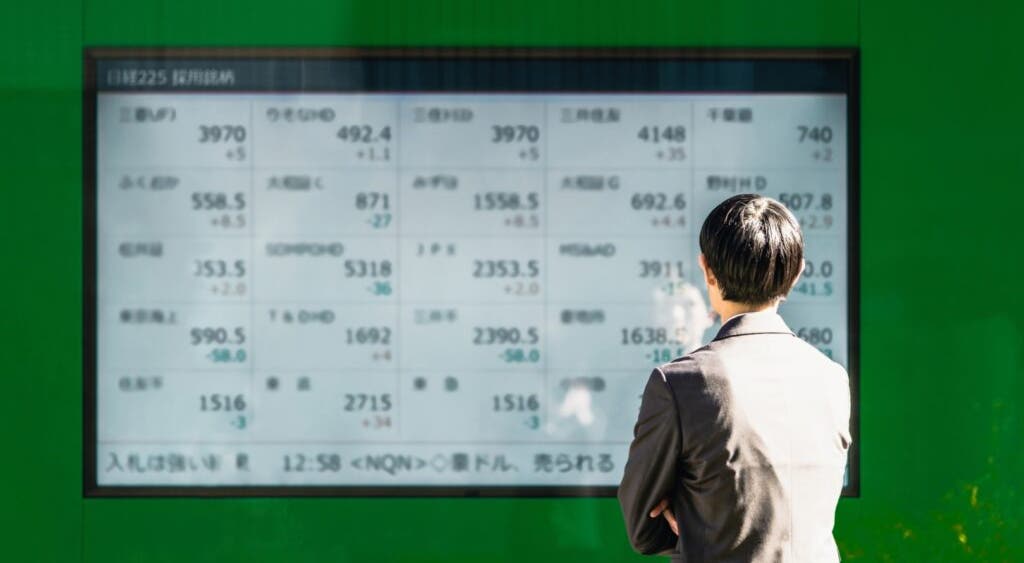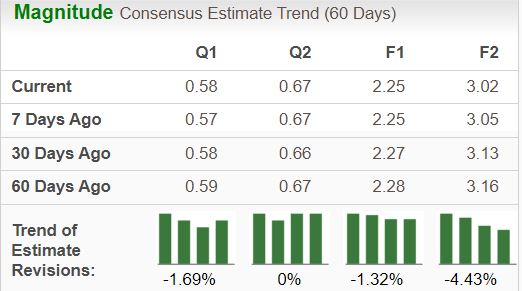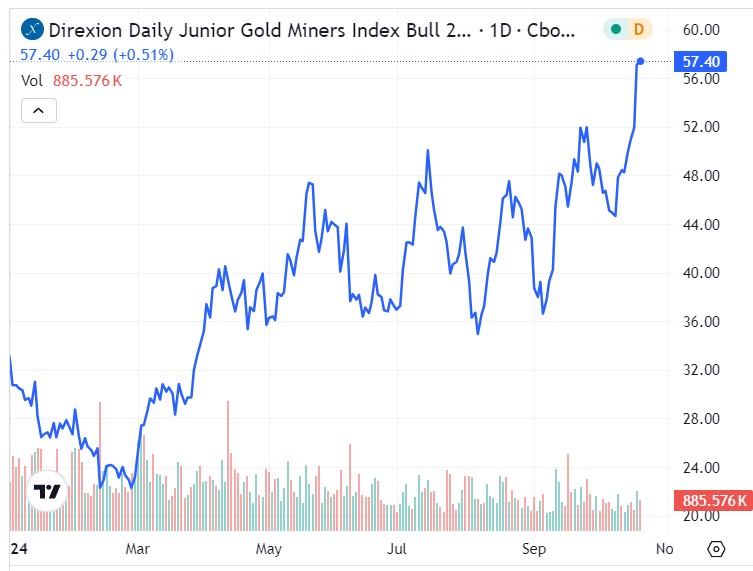
Japan’s benchmark stock index, the Nikkei 225, has reached a monumental high, surpassing levels not seen since 1989. This milestone, a historic and unprecedented feat, arrives amidst a global economic shift and a revival in Japan’s stock market – an achievement driven by multiple factors.
The Surge: On Thursday, the Nikkei 225 index surged by approximately 2% to reach 39,000 points, surpassing the previous intraday record of 38,957.44 points set in December 1989, as reported by Reuters.
This accomplishment, taking 34 years to achieve, sets a record for a major market – a decade longer than it took Wall Street to recover from the 1929 crash and the Great Depression.
Despite Japan’s recent recession, global conflicts, and a worldwide inflation shock, the Nikkei has shown remarkable resilience. This resilience is credited to its trade exposure, offsetting declining domestic demand, and a weak currency, which has amplified exporters’ profits.
“The psychological impact on the Japanese people of the Nikkei returning to this level is hard to overstate, since an entire generation has never witnessed that level. The market’s allure could attract unforeseen amounts of domestic liquidity,” remarked Richard Kaye, a Japan-based portfolio manager at Comgest.
Foreign investors have played a pivotal role in this rally, injecting 6.3 trillion yen ($42 billion) into the equity market in 2023, along with a net 1.16 trillion yen into Japanese equities in January.
Corporate governance changes in Japan, such as buybacks and the unwinding of cross-holdings, have also enticed foreign investment. Together with a robust earnings season and a weak yen, these factors have further fueled the market’s growth.
Analysts hold an optimistic outlook for Japan’s future; Bank of America’s Asia fund manager survey for February revealed that nearly one-third of participants anticipate double-digit returns from Japan’s stock market over the next 12 months.
Significance: The record high of the Nikkei arrives at a time when Japan has ceded its position as the world’s third-largest economy to Germany, signaling a decline in economic competitiveness and productivity, largely attributed to its aging population and declining birth rates.
Moreover, the prospect of former President Donald Trump returning to the White House is causing unease among Japanese businesses, with nearly half of them viewing a potential Trump presidency as a business risk. These firms are primarily concerned about the protectionist policies that marked Trump’s previous term from 2017 to 2021.
The success of the Nikkei could hold broader implications for global investors, presenting an appealing alternative to other major markets. This shift in investor sentiment is particularly noteworthy given the ongoing global economic challenges, including inflation, geopolitical tensions, and the impact of the COVID-19 pandemic.



